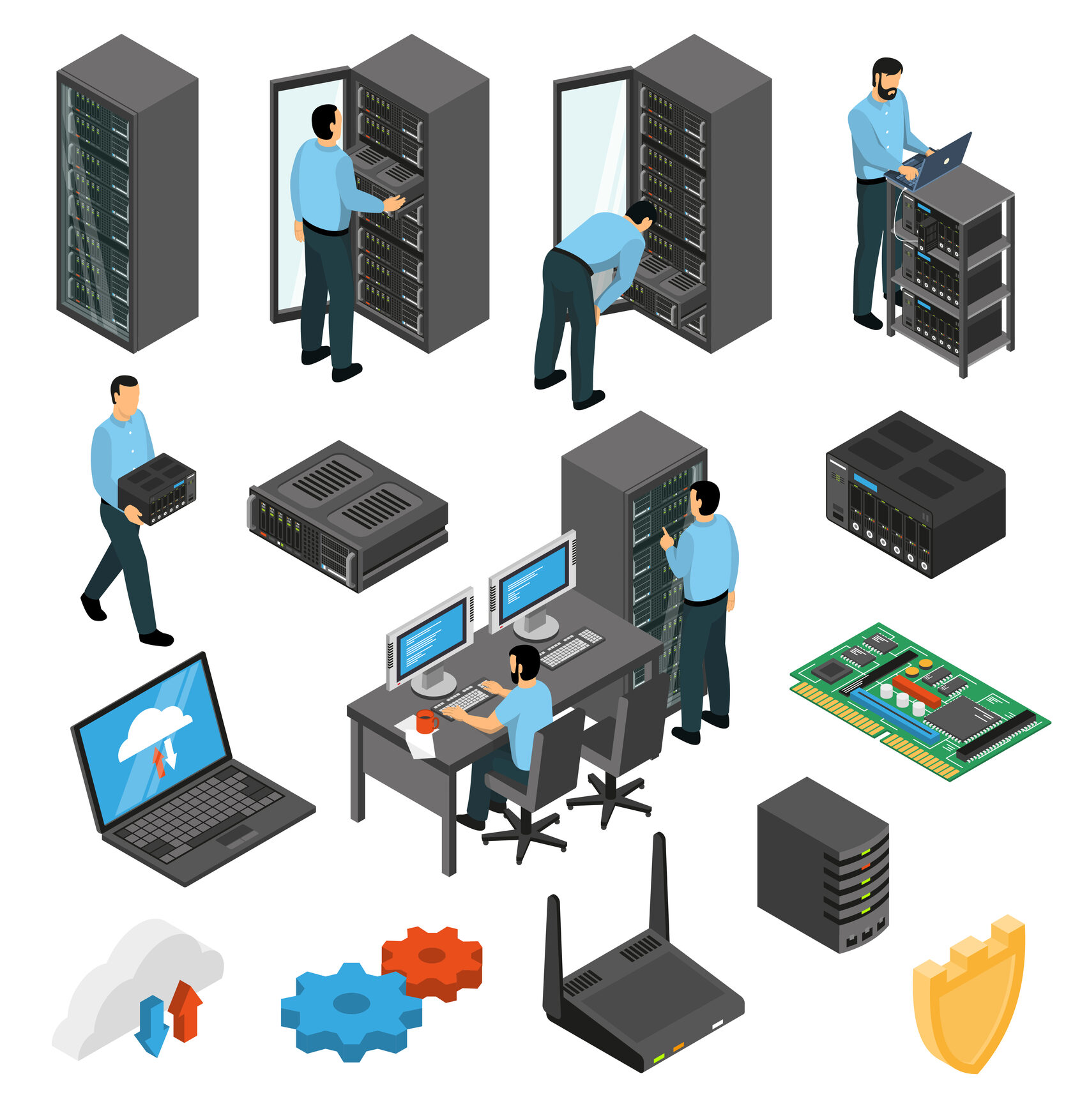Welcome to our ESG deep dive, a series of articles highlighting the critical impacts of major business sectors on people and the environment.
We have already talked about:
Innovative technologies, ranging from solar panels, smart grids and precision agriculture to telemedicine and global connectivity in remote areas, are already demonstrating their potential to drive sustainable progress. By leveraging these technologies, we can tackle environmental challenges, improve living standards, and chart a sustainable path for our shared future.
However, the journey to a technologically-advanced, sustainable world isn't a linear one, it's full of complexities and paradoxes. Often important technologies are controlled by a few companies, which makes it harder for everyone to access them and slows down progress. Because technology is developing so quickly, regulations struggle to keep up, which can lead to problems with things like data privacy, ethical use of AI, and electronic waste management.
The tech sector plays a significant role in shaping our society and economy, and we need to ensure the negatives don't outweigh the positives.
E-Waste Accumulation
Rapid tech advancement leads to a culture of obsolescence and e-waste accumulation. In 2019, the world generated 53.6 million metric tons of e-waste, expected to reach 74.7 million tons by 2030. Improper disposal of e-waste results in serious health threats for people and land and water pollution due to toxic substances like lead and mercury.
Planned Obsolescence
The ICT sector often strategically plans the obsolescence of their devices, leading to an incessant need for consumers to upgrade their gadgets. Apple is the latest example. This practice not only promotes a culture of perpetual consumption. Companies employing technology with a longer lifespan would drastically decrease e-waste, perhaps up to 28 million metric tons less from 2015 to 2020, and subsequently, their carbon dioxide emissions and other pollution. Planned obsolescence actively hurts the climate, adding a burden that becomes impossible to bear.
Excessive Energy Consumption
Tech infrastructure, especially data centres, consumes significant energy. The ICT industry currently uses around 7% of the world's electricity, which is projected to double to 13% by 2030. This energy usage contributes to 3-5% of global carbon emissions, which is comparable to the aviation industry, and is predicted to reach 14% of global emissions by 2040. In 2018, data centres alone accounted for 2.7% of the EU's electricity demand, and it's expected to increase by 200% from 2020 to 2030.
Resource depletion
The production of electronic devices involves the extraction of non-renewable resources, such as rare earth metals. This process can lead to habitat destruction, deforestation, soil and water contamination, and carbon emissions. The extraction of coltan, used in capacitors for electronic devices, has also fueled conflict and human rights abuses in the Democratic Republic of Congo.
Significant Water Use
Semiconductor manufacturing in the tech sector requires large amounts of ultra-pure water, contributing to its substantial water footprint. And the surge in data-intensive cloud services has boosted the need for computing power in global data centres, where water is used to cool the centres. For example, training GPT-3 in Microsoft's state-of-the-art US data centres can directly consume 700,000 litres of clean freshwater, which could be used to produce 370 BMW cars or 320 Tesla electric vehicles.
Digital Divide
While technology can potentially democratise information and opportunities, it often exacerbates socio-economic disparities, creating a "digital divide." As of 2021, around 2.9 billion people, nearly 37% of the global population, still do not use the Internet. Without access to digital resources, these individuals are disadvantaged regarding education, economic opportunities, and social mobility.
Inequality in the Workforce
The tech industry exhibits persistent gender and racial disparities, with minorities and women being underrepresented and often paid less. Tech companies are also severely criticised for exploitative labour practices. Workers in the supply chain, particularly in developing countries, often labour under harsh conditions for minimal wages. Foxconn, a major supplier for Apple, has been under scrutiny for poor working conditions leading to worker suicides.
Tax avoidance
Tax evasion in the tech sector remains a pressing issue, resulting in significant revenue losses for governments worldwide. Tech giants like Google, Facebook, and Amazon have been accused of exploiting loopholes to evade taxes, with estimates suggesting that their tax avoidance practices cost EU member states approximately €5.4 billion annually. Developing countries lose around $200 billion annually due to tax dodging by multinational corporations, including those operating in the tech sector.
Privacy Concerns
The tech sector's data-driven business models are raising significant privacy concerns, with high-profile cases like Google's $392 million privacy violation fine and European regulators fining both Google and Facebook. Many companies exploit user data without consent, as seen when Facebook's data contributed to an abortion-related prosecution of a teenager in Nebraska.
> Best practice <
For a concrete example of best practice in the tech industry, we can look to the company Fairphone.
As a social enterprise, Fairphone is driven by a mission to develop smartphones that are designed and produced with minimal environmental impact and fair labour conditions. This Netherlands-based company's flagship product, the Fairphone, is designed to be easily repairable, extending its lifespan and reducing e-waste. In fact, every component of the Fairphone can be replaced by the user, which negates the issue of planned obsolescence prevalent in the tech industry.
Furthermore, Fairphone puts a strong emphasis on the use of responsibly sourced and conflict-free minerals in its products. The company is committed to improving the working conditions and wages of the workers involved in the extraction of these resources. In terms of privacy, Fairphone respects user data and follows strict data protection laws, demonstrating its commitment to customer privacy. The company also ensures transparency by publishing detailed reports about its environmental impact, supply chain, and financials.
Fairphone is a shining example of a tech company that takes its corporate social responsibility seriously, addressing many of the pressing issues mentioned in the article. It shows that sustainable, fair, and privacy-conscious practices are possible in the tech industry, setting a standard that others could and should follow.
(Image by macrovector on Freepik)


